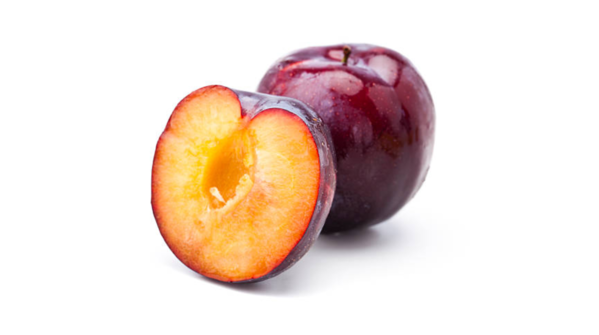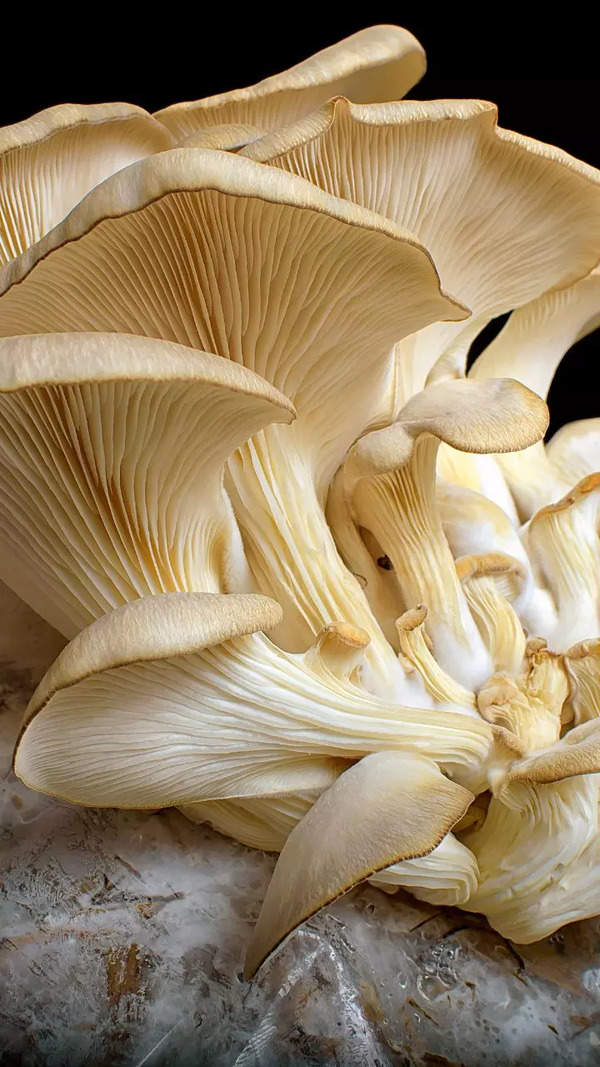- News
- lifestyle
- health-fitness
- diet
- 10 low glycemic Indian summer fruits that won't spike blood sugar (secret tips inside)
10 low glycemic Indian summer fruits that won't spike blood sugar (secret tips inside)

Don't miss out on summer fruits
Summer brings a variety of delicious, juicy fruits, but if you have diabetes or are watching your blood sugar, choosing the right ones is essential. Many fruits contain natural sugars, but some have a low glycemic index (GI), meaning they release sugar slowly and prevent spikes in blood glucose. Also, there are certain fruits which have high GI, but are low in glycemic load which also makes them safe for diabetics. Here are 10 diabetes-friendly Indian summer fruits that are nutrient-rich, hydrating, and safe to enjoy.
��Silent symptoms of magnesium deficiency that can lead to life threatening conditions

Jamun- GI (25)
Jamun is highly beneficial for diabetics as it helps regulate blood sugar levels by improving insulin sensitivity. Eat 4-5 jamuns in the morning on an empty stomach for best results. Avoid adding salt or sugar to enhance the taste. You can also consume jamun seed powder (1 teaspoon in warm water) for better glucose control. 100 grams of jamun has 62 kcal, 15 grams of carbs, 0.6grams of fiber, 18 mg of vitamin C and 1.4 mg of Iron.
Anyone can prevent cancer by following the 6 step MEDSRX formula claims top cancer doctor

Guava: GI (12)
Guava is a fiber-rich fruit that helps slow down sugar absorption. It’s best eaten raw with the skin on to maximize fiber intake. Stick to one small guava per serving and avoid guava juice, as the fiber is removed during juicing. Pair guava with some nuts for better blood sugar control.

Watermelon: GI (72)
Watermelon has a high GI but a low glycemic load (GL) when eaten in moderation. Stick to 1-2 small slices (100g) and pair it with protein-rich foods like nuts to slow sugar absorption. Eating it in the morning or after a workout can help prevent blood sugar spikes.

Papaya: GI (60)
Papaya is packed with fiber and antioxidants that help regulate blood sugar. Consume 80-100g as a mid-morning snack. Avoid overripe papaya, as its sugar content increases. You can sprinkle cinnamon powder on it to enhance its blood sugar-lowering effect.

Pear: GI (38)
Pears have natural sugars but a low GI due to their high fiber content. Eat one small pear raw with the skin on to retain fiber. Avoid canned pears, which contain added sugars. Pairing a pear with a handful of almonds can slow glucose release.

Plum: GI (24)
Plums help improve insulin sensitivity and reduce sugar spikes. Eat 2-3 plums as an afternoon snack. Their fiber and antioxidants slow digestion and prevent sudden blood sugar increases. Avoid dried plums (prunes), as they have a higher sugar concentration.

Peach: GI (42)
Peaches are low in sugar and high in fiber and antioxidants. Eat one small peach raw with a few walnuts for steady blood sugar levels. Avoid canned peaches and peach juice, as they contain added sugars.

Coconut water: GI (42)
Tender coconut water is hydrating and low in sugar. Drink 150ml in moderation, preferably before noon. Avoid eating excess coconut flesh, as it is higher in fats and calories. Always opt for fresh coconut water, not packaged versions with added sugar.

Musk melon: GI (65)
Musk melon has natural sweetness but a low glycemic load. Eat a small bowl (100g) in the morning for a refreshing, blood sugar-friendly snack. Pair it with pumpkin seeds or flaxseeds to balance sugar absorption.

Apple: GI (36)
Apples contain soluble fiber (pectin), which slows sugar absorption. Eat one small apple with the skin on for better fiber intake. Avoid apple juice, as it lacks fiber and may cause sugar spikes. Pairing it with a handful of almonds enhances its benefits.

Secret tips
These fruits have low GI, barring few (though they have low GL), so eating them in moderation can work well. Stick to 80-100g per serving. Pair fruits with protein or healthy fats. Adding nuts, seeds, or yogurt helps stabilize sugar levels. Avoid fruit juices because they lack fiber and can cause sugar spikes. Always eat fruits in the morning or as a snack during daytime. Avoid eating them at night. Images: Canva









